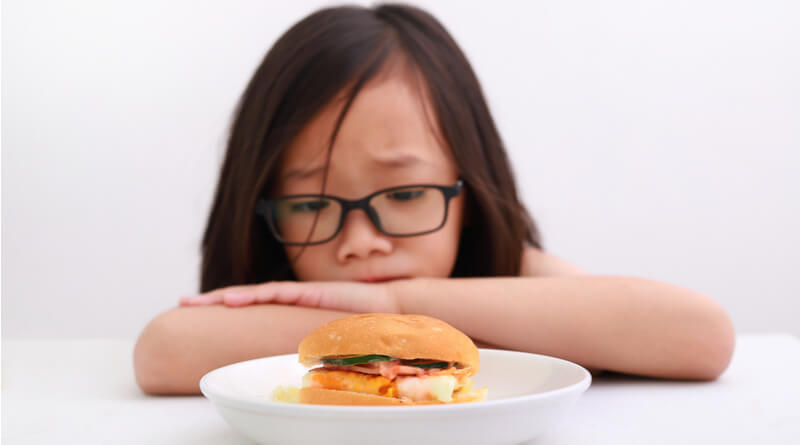One of the most important things in nurturing a child is ensuring that they are well nourished. Being well nourished does not just include getting the right vitamins and minerals, it also includes keeping a healthy weight. When thinking of weight, you also need to consider the consequences of being overweight.
Obesity is indeed a major epidemic that is hurting many people all around the world. But as devastating as obesity can be for your health, it is also important to pay attention to being underweight. Underweight children can be at risk for developing eating disorders in their adolescence, which can lead to a lifetime of malnourishment.
There are fundamental metabolic factors that are determined by genetics and can lead to weight dysregulation. These genetic factors are further fueled by sociological, psychological, environmental factors. Not all malnourished children will be at risk of becoming anorexic later in life but being underweight is significant enough of a factor to be an issue. Thankfully, it is not too difficult to make sure your child is at the proper weight. You just need to pay attention to your child’s diet. Below, are some guidelines on what you should include in your child’s diet to keep them at a healthy weight.
Healthy Diet for Children
On average, a toddler to a preschooler should eat about 1,000 – 1,400 calories per day. These calories should be balanced around a healthy diet.
A healthy diet should include:
- Plenty of fresh fruits, vegetables, and whole grain products.
- Low fat or not fat milk or dairy products.
- Include major protein sources such as, lean meats, fish, poultry, lentils, beans, and mushrooms.
- Limited amounts of sugar, especially high fructose sugar.
- Lots of water.








